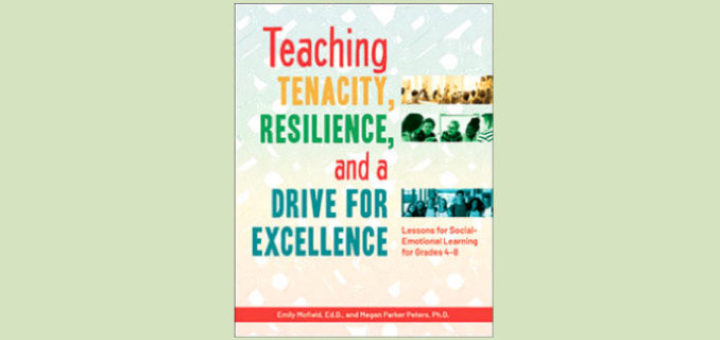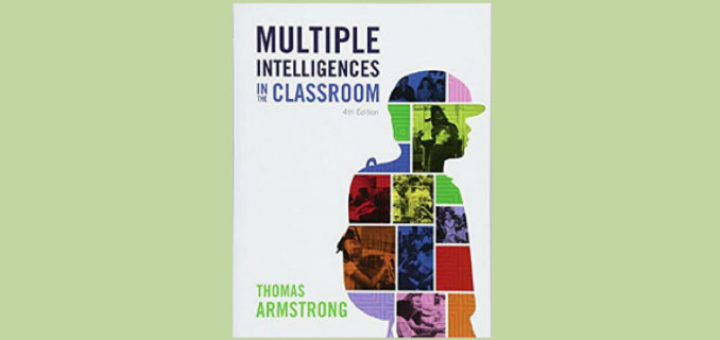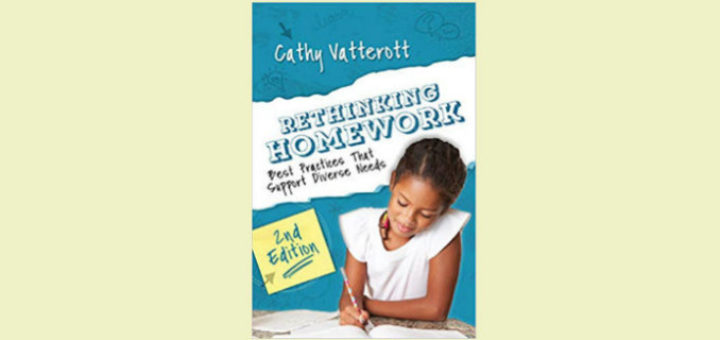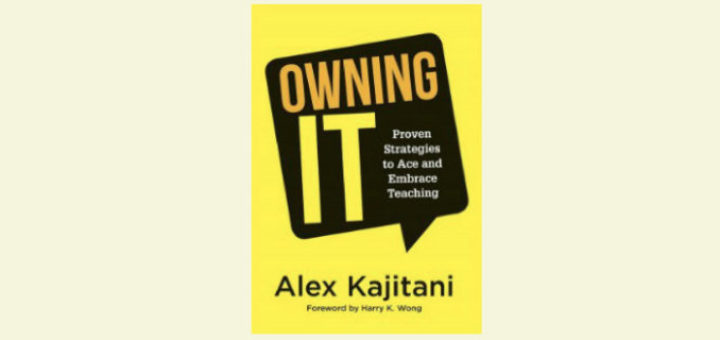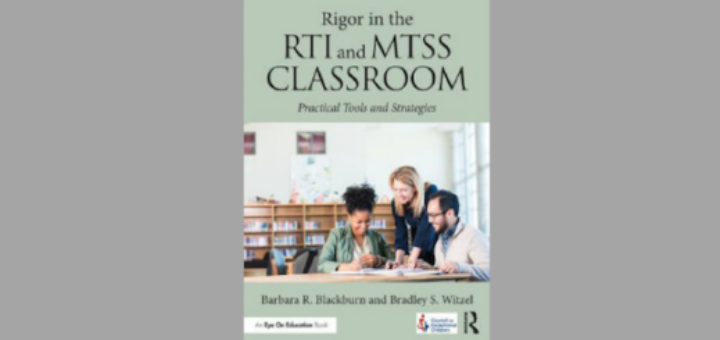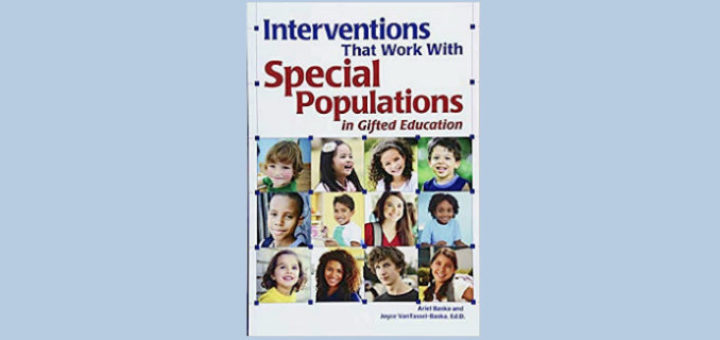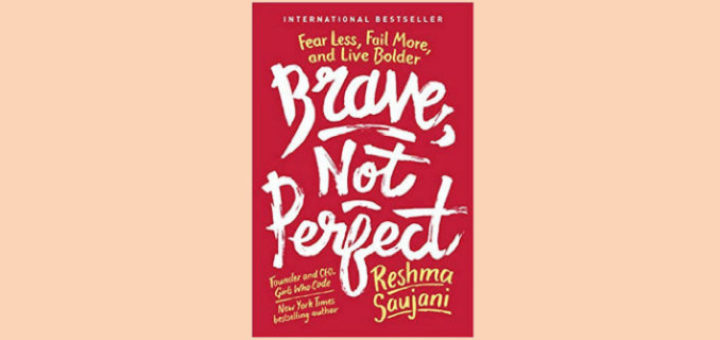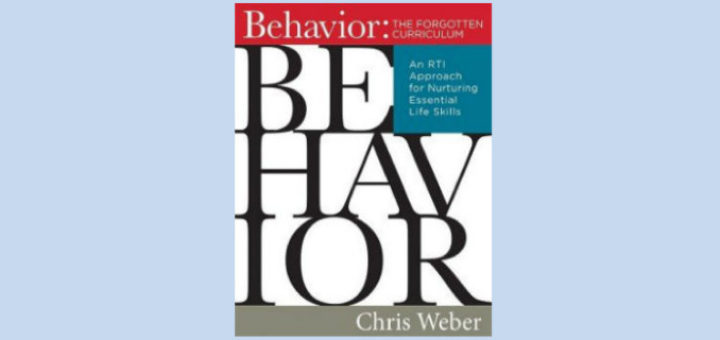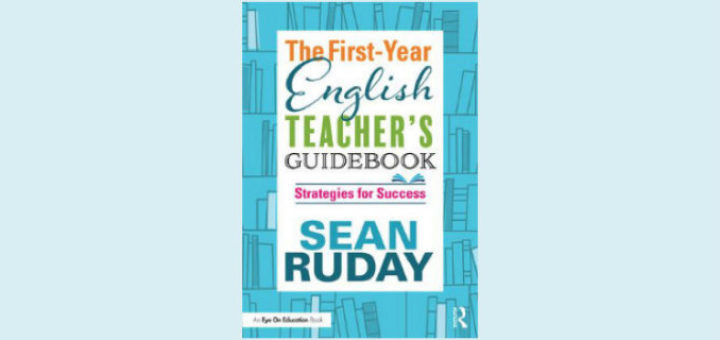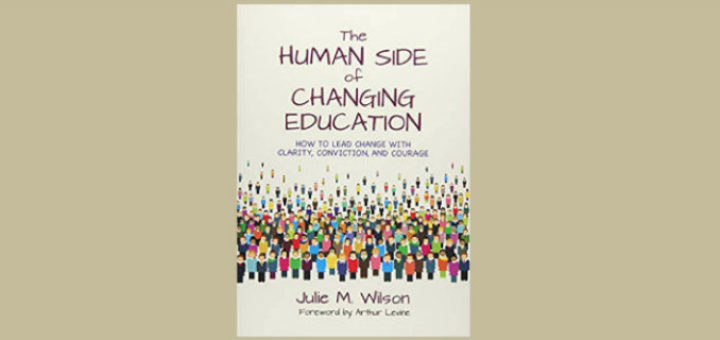Lessons in Tenacity and Resilience (Grades 4-8)
Teaching Tenacity offers a series of thoughtful, research-based lessons that will provide students with the tools to make the pursuit of excellence a life-long endeavor. Jeny Randall looks forward to bringing the lessons to her morning advisory time but says advisory isn’t a must.

